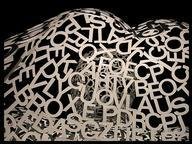
Alternate Presidents 3 Trivia Quiz
This is the 3rd of four quizzes in this series. Each question takes the form of a president's name with alternate letters missing. A clue is provided to help. Who are they?
A multiple-choice quiz
by Spontini.
Estimated time: 4 mins.
